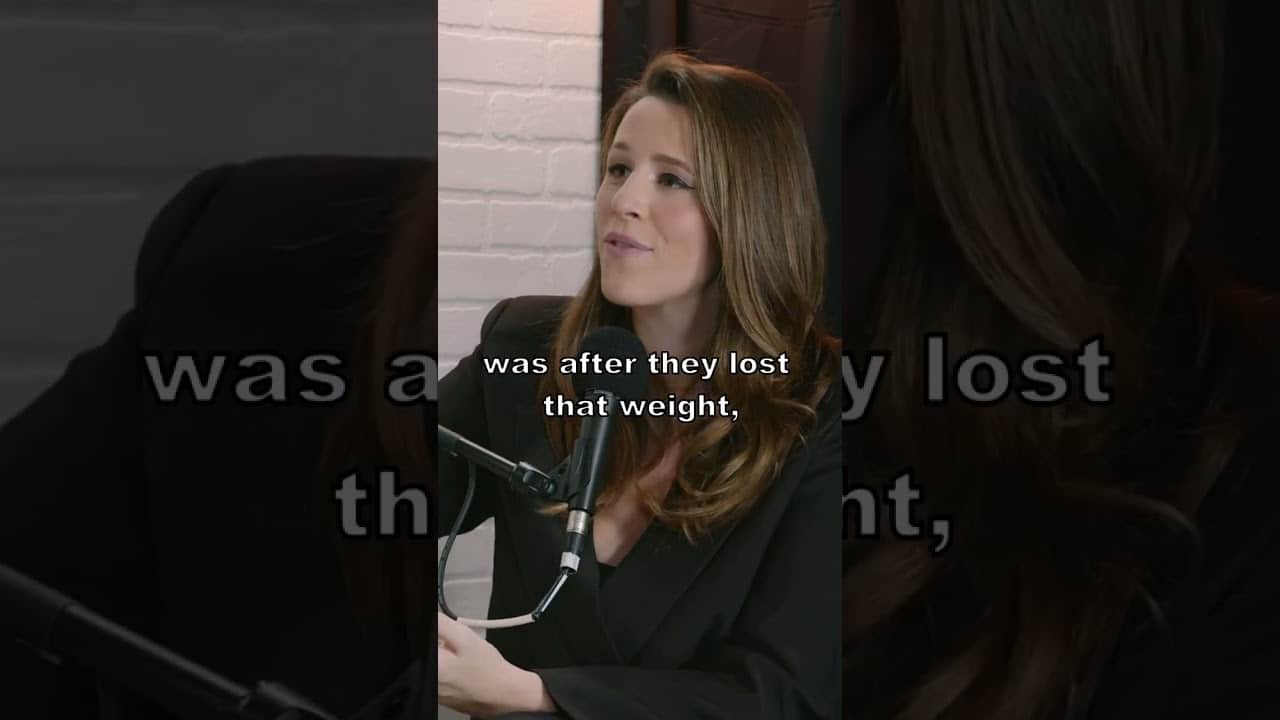1. Extreme diets may provide short-term weight loss but are not sustainable in the long run.
2. They can lead to metabolic dysregulation and nutrient deficiencies.
3. Understanding the role of insulin sensitivity in weight management is crucial.
4. Adopting a balanced and individualized approach to nutrition is key for long-term health.
5. Incorporating enjoyable and sustainable lifestyle changes is the best way to achieve lasting results.
—
The Fascinating Truth Behind Extreme Diets Don’t Work
Hey there! Get ready for a rollercoaster ride through the world of extreme diets! Buckle up and hold on tight because we’re about to uncover the fascinating truth behind those crash diets that promise quick and easy weight loss. While they may seem tempting, it’s time to put on our nutrition detective hats and dig deeper to discover why extreme diets don’t work in the long run.
1. Short-Term Success, Long-Term Frustration
Picture this: you’re determined to shed those extra pounds and stumble upon an extreme diet promising remarkable results in just weeks. You dive in headfirst, stick with it for a while, and voila! The scale shows some impressive numbers. Success, right? Well, not so fast. Unfortunately, that initial success often fades away as quickly as it arrived.
Extreme diets commonly restrict certain foods or whole food groups, reducing calorie intake. While this can result in short-term weight loss, it’s not sustainable or beneficial in the long run. Depriving your body of key nutrients and energy sources can leave you feeling fatigued, mentally drained, and ultimately frustrated with your limited food choices.
2. The Metabolic Maze
Now, let’s delve into the mysterious world of metabolic dysregulation. Extreme diets can wreak havoc on our metabolism – the complex system responsible for converting food into energy. Our bodies are exceptionally adaptable, and when subjected to prolonged calorie restriction or excessive diet changes, they cleverly adjust to conserve energy.
In response to severe calorie deficits, our metabolism undergoes significant changes. It slows down, burning fewer calories to preserve its limited resources. This slowdown makes it incredibly challenging to maintain a weight loss band and can lead to a frustrating plateau – the sudden weight loss halt despite continued dieting efforts.
But wait, there’s more! Extreme diets can also disrupt our hormone balance, impacting hunger and satiety signals. Leptin, the hormone responsible for suppressing our appetite, decreases, while ghrelin, which stimulates hunger, increases. This hormonal imbalance created by extreme diets sets us up for a perpetual cycle of cravings and overeating, making lasting weight loss nearly impossible.
3. Unraveling the Insulin Sensitivity Mystery
Ready to tackle a fascinating puzzle? Let’s sspotlightinsulin sensitivity – a cornerstone of metabolic health. Don’t worry; we’ll keep it simple! Insulin, a hormone the pancreas produces, regulates blood sugar levels. Insulin sensitivity refers to how efficiently our cells respond to insulin.
Why is insulin sensitivity so important? Well, hang on tight! When our cells respond efficiently to insulin, they readily absorb and utilize glucose, keeping our blood sugar levels in check. Conversely, reduced insulin sensitivity leads to insulin resistance, a condition where cells don’t respond effectively to insulin signals. This can contribute to weight gain, metabolic diseases, and type 2 diabetes.
Extreme diets can further complicate the insulin sensitivity puzzle. Rapid weight loss from extreme dieting often coincides with muscle loss, which can reduce insulin sensitivity. Additionally, drastic changes in food choices and macronutrient balances can destabilize blood sugar levels, creating a rollercoaster ride of energy and cravings.
4. Embracing Balance and Individuality
Now that we’ve unraveled some mysteries, we mustexplore a more sustainable path to long-term health and weight management. One size does not fit all, my friend! Each of us is unique, with different nutritional needs and preferences. Embracing balance and individuality is key.
Instead of diving into extreme diets, consider adopting a more balanced approach to nutrition. Focus on incorporating a variety of whole foods, including fruits, vegetables, lean proteins, and healthy fats. Seek professional guidance to tailor your diet to your needs and goals.
Remember, it’s not just about what you eat but also how you eat. Mindful eating practices can work wonders, such as slowing down, savoring your food, and tuning into your body’s hunger and fullness cues; this approach encourages a healthier relationship with food and fosters a sustainable lifestyle change that will benefit you in the long run.
5. Sustainable Lifestyle Changes FTW!
The thumping truth is that extreme diets are not the solution to long-term weight management, health, and happiness. It’s time to hop off that dieting rollercoaster and embrace sustainable lifestyle changes you can stick with for the long haul. Say goodbye to those restrictive and short-lived diets!
Make exercise a part of your daily routine by finding activities you genuinely enjoy. Whether dancing, hiking, or taking up a new sport, being active should be fun, not a punishment. Surround yourself with a supportive community that uplifts and encourages you.
Remember, your journey to optimal health isn’t a sprint but a marathon. And in this marathon, the finish line is a vibrant life where you feel nourished, strong, and energetic So let’s ditch the extreme diets and embark on a delicious adventure toward lasting well-being!
Sources:
1. National Institute of Diabetes and Digestive and Kidney Diseases. (2017). “Very Low-Calorie Diets.”
2. Dulloo, A. G., et al. (1999). “Chronic reduction in dietary energy density leads to an overcompensation in food intake in free-living humans.”
3. Sumithran, P., et al. (2011). “Long-term persistence of hormonal adaptations to weight loss.”
4. Wu, T., et al. (2015). “Effects of diet composition and insulin resistance status on plasma lipid levels in a weight loss intervention.”
*****
Source Description
Watch the full episode here: https://www.youtube.com/watch?v=uw5-aksrLIM
***
Subscribe to the Dr. Gabrielle Lyon Show Podcast
Apple Podcasts: https://apple.co/3bdNr2h
Spotify: https://spoti.fi/39RC7Zk
Google Podcasts: https://bit.ly/3HLxlcz
***
Say hi on social:
Instagram: https://www.instagram.com/drgabriellelyon
Sign up for my weekly newsletter:
https://www.drgabriellelyon.com
New patient inquiries:
https://drgabriellelyon.com/contact-us
#drgabriellelyon #drgabriellelyonpodcast #drgabriellelyonshow

